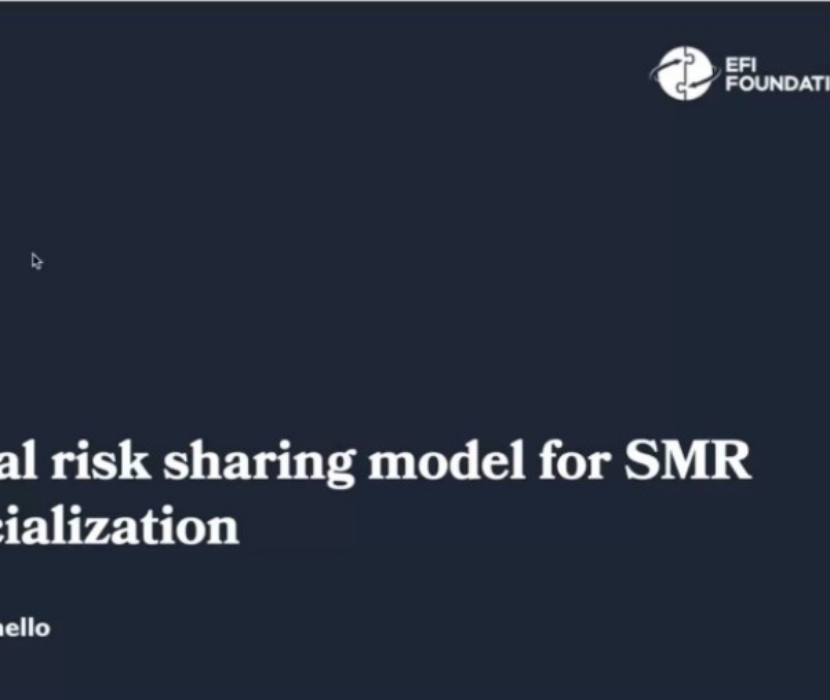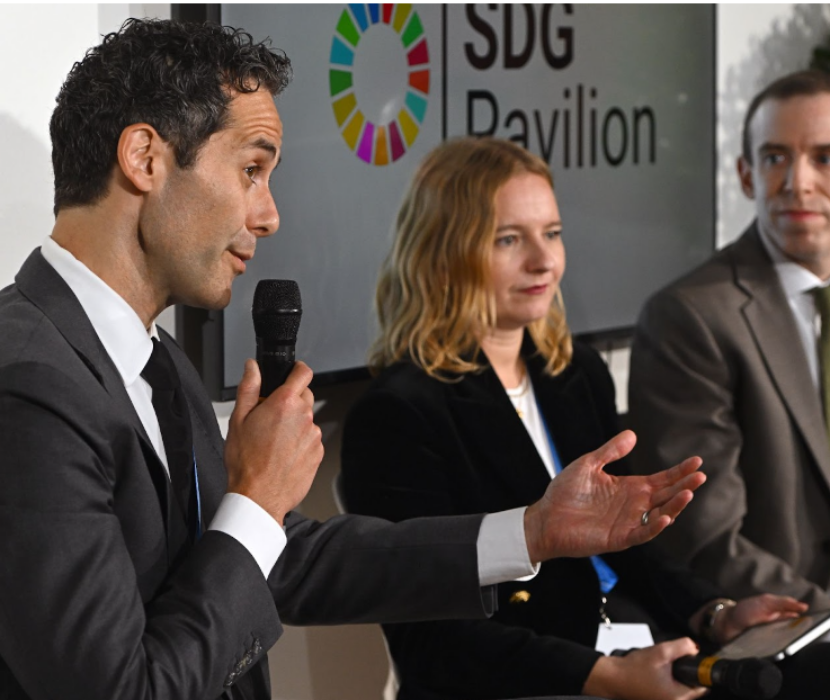
The Energy Futures Initiative (EFI) is committed to building a low-carbon energy future through innovation, coalition building, and analysis. However, our efforts don’t stop there. As an organization fueled by passionate employees dedicated to EFI’s mission, EFI assembled a sustainability committee in 2019 with the mission to make the office more environmentally and energy conscious, namely through its annual greenhouse gas (GHG) accounting and offset project.
Each year, staff on the committee gather data on building energy use, employee commuting habits, and business travel to estimate how many office related GHG emissions were produced over the year. This year, EFI used Climate Vault to offset nearly 33 metric tons of carbon from 2021. Climate Vault purchases carbon emissions permits for supporters from cap-and-trade compliance markets and “vaults” them so that other emitting entities cannot use them. This eliminates the need to estimate the amount of carbon neutralized by more traditional offset methods, like planting a certain number of trees for each ton of greenhouse gas emitted. Ernest Moniz sits as chair of Climate Vault’s technology expert advisory board.
Emissions from EFI work activities increased by 19 tons of carbon dioxide equivalent (tCO2e) from 2020 to 2021 due to more consistent in-office business operations and more frequent commuting. Building energy use accounted for the largest increase in emissions, at 18.9 tCO2e, compared to only 5 tCO2ethe previous year. Commuting only increased the emissions associated with EFI activities by 6.5 tCO2e in 2021 because of a hybrid schedule and because most EFI staff commute by walking or biking to work (zero-emission activities) or by taking public transport (lower emissions than a private vehicle). The committee omitted accounting for work-from-home energy use due to difficulties in estimation but hopes to include this in future years for a more complete account. EFI has adopted a hybrid work schedule for the foreseeable future.
EFI’s 2021 emissions footprint (33 mT), while greater than 2020, is significantly smaller than its pre-pandemic size. EFI’s 2019 emissions were nearly four times greater–123.1 tCO2e. The greatest share was for air travel (97 tCO2e), an activity that EFI cut back on immensely in 2021 with continuing virtual events and remaining COVID-19 precautions for air travel.
The pandemic has proven beneficial for the environment and conservative energy use. However, keeping emissions low will be a challenge as the world returns to normal and EFI staff commutes to the office more regularly. EFI’s sustainability committee is working to improve office energy and resource efficiency, as well as food waste practices. We are focusing on improving our GHG accounting assumptions, metrics, and processes. And in addition to reducing EFI’s footprint, the committee will continue to offset emissions for business operations.
– Angie Kaufman
(Share this post with others.)




